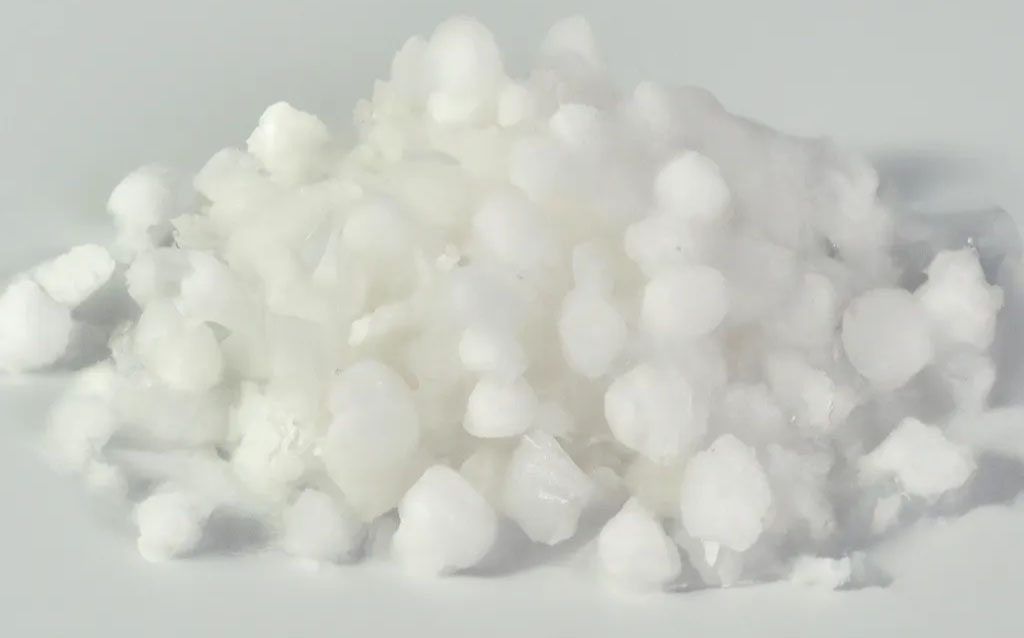Sodium alginate is a naturally occurring polysaccharide derived from the cell walls of brown seaweed, primarily from species like Laminaria, Macrocystis, and Ascophyllum nodosum. This versatile compound is widely used in the food industry due to its remarkable ability to gel and thicken liquids when combined with certain elements, particularly calcium. Sodium alginate is valued for its properties as a stabilizer, thickener, emulsifier, and gelling agent, making it indispensable in various applications.
It’s most well-known for its role in modernist cuisine, especially in molecular gastronomy. It is commonly used in spherification, a technique where liquid droplets are encapsulated in a gel-like membrane, creating spheres with a liquid center that resemble caviar. When sodium alginate is mixed with a liquid and then dropped into a calcium bath, a thin gel layer forms around the droplet due to the interaction between the alginate and calcium ions. This process allows chefs to create innovative dishes with striking textures and presentations, such as fruit “caviar,” ravioli with liquid centers, and edible cocktails.
Beyond molecular gastronomy, sodium alginate serves as a thickener and stabilizer in various food products. It helps improve the texture and consistency of sauces, ice creams, salad dressings, and dairy products by preventing separation and maintaining a smooth, uniform texture. In the production of processed foods like meat and plant-based alternatives, sodium alginate is often used to enhance the binding of ingredients, improving the texture and cohesion of the final product. Additionally, it acts as a stabilizer in the production of jellies, puddings, and cake fillings.

